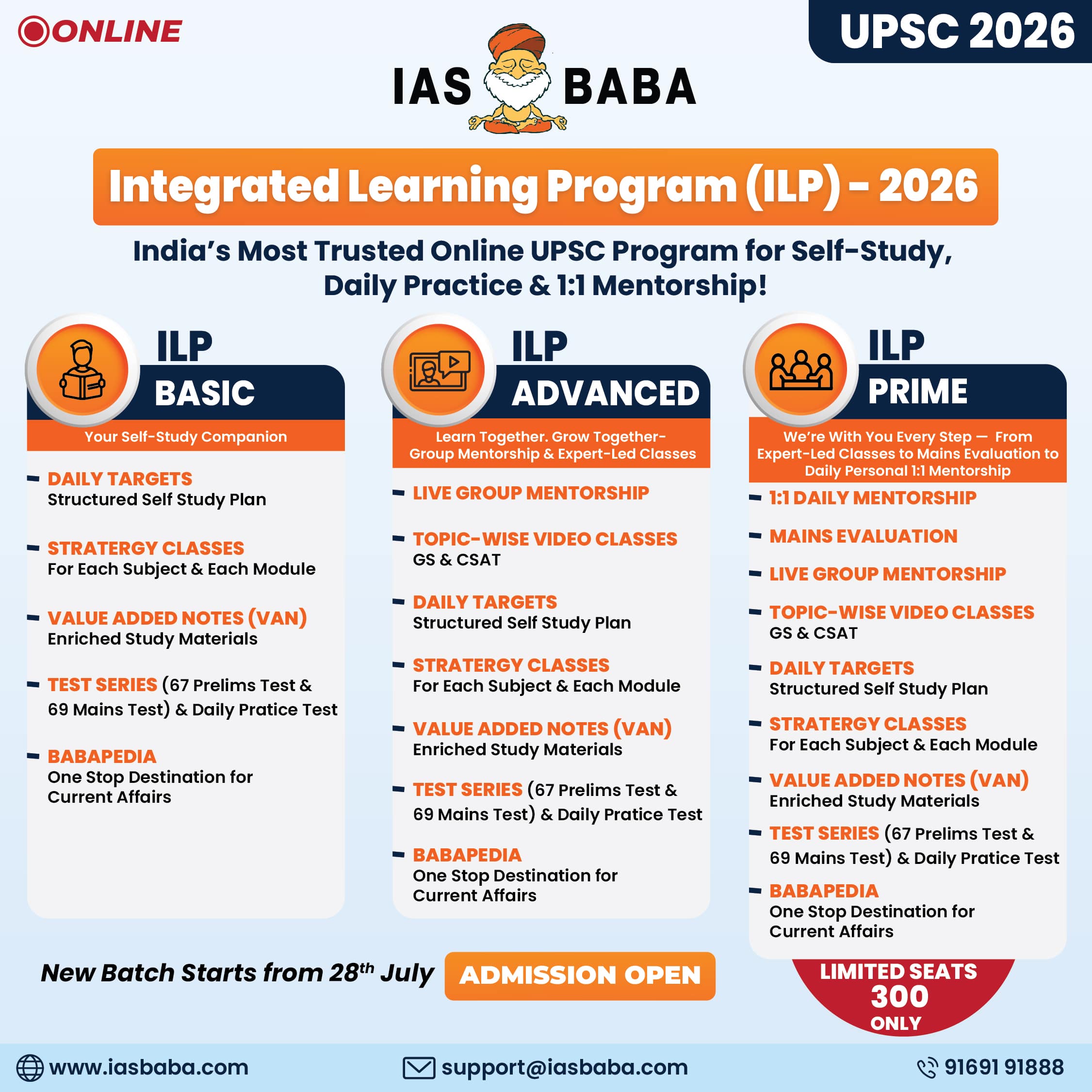All India Radio
Gobar Dhan Scheme
Search 26th February, 2018 Spotlight here: http://www.newsonair.com/Main_Audio_Bulletins_Search.aspx
TOPIC:
General Studies 1: Poverty and developmental issues, urbanization, their problems and their remedies
General Studies 2: Government policies and interventions for development in various sectors and issues arising out of their design and implementation.
General Studies 3: Conservation, environmental pollution and degradation, environmental impact assessment
In News: Government, under the mantle of the Swachh Bharat scheme, plans to create an online platform to connect farmers to buyers of cow dung and agricultural waste under its Waste-to-Wealth Scheme.
Gobar Dhan Scheme: Galvanising Organic Bio-Agro Resources-Dhan
Why: Objectives –
With the largest cattle population in the world, rural India has the potential to leverage huge quantities of gobar into wealth and energy.
- To make villages clean
- Generate wealth and energy from cattle and other waste
Benefits:
- New Biogas plants with new and better technology will come up to make the process more efficient
- Facilitate regular power supply to rural homes
- Lead to cleaner villages
- Generate an alternate source of income for the farmers
- Creation of opportunities for income and employment generation for other groups involved
- Improve fertility of the soil and thereby enhance productivity of crops
- Prevent diseases in the animals of the country
- Mainstreaming women in development activities of the village – collecting and packaging the ‘gobar dhan’ for transportation
- Reduction of pressure induced by waste on the environment as the emission of methane from the cow dung will be processed and will lead to a reduction in Carbon Footprint
Challenges:
-
- Aggregation of cattle waste and maintaining a regular supply to plant operators becomes imperative.
- The Biogas plants that were constructed was not able to keep up, both in terms of production as well as speed, leading to inefficiencies and losses. The Biogas plants that are being planned to be constructed should have better technology which sustains, up scales and is widely accepted by farmers and women in rural areas. Adequate training should be provided to the workers.
- India is dealing with a deficient fodder for our cattle. Fodder production for the cattle need to be enhanced
- Farm Mechanization may pose challenges to the population of the cattle as the machines will replace the cattle. This might lead to ignorance on the part of the cattle’s master.
Way Forward:
Incentivize Behavioral Change: Cattles are considered important and the fact that the gobar can be utilized and become a source of income needs to be engrained in the minds of the farmers. This will not just generate additional income, but will reduce the pains of gobar disposal, thereby leading to the communities becoming swacchh.
Generating wealth from waste in rural areas will require the involvement of all actors and sectors.
- Investments from the private sector and local entrepreneurs will be needed.
- Panchayats and village communities will have to play key roles to leverage the animal and organic waste that goes into water bodies, dumping sites and landfills.
- Informal sanitation service providers can be integrated into the system by training and licensing them.
Political will and strong public demand for cleaner, healthier living environments should definitely drive the way ahead.
Connecting the Dots:
- Will ‘Wealth from Waste’ be able to drive Indians to the dream of ‘Swacch Bharat’? Discuss.














